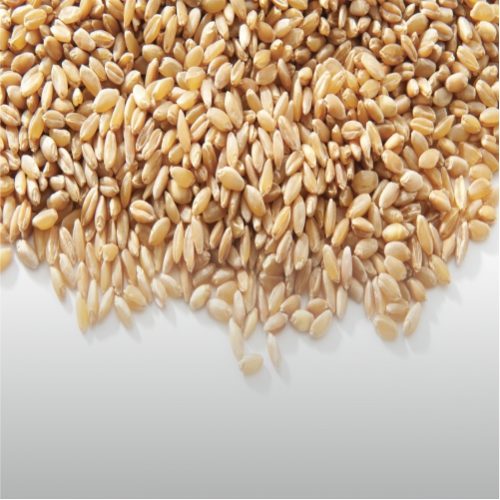Chandigarh: As the wheat procurement season draws to a close in Punjab, the state is witnessing a significant shift in buying patterns, with private traders making record purchases this year. So far, 128.25 lakh tonnes of wheat have arrived in state mandis, with government agencies buying 117.25 lakh tonnes. Private buyers have purchased the remaining 11 lakh tonnes — the highest level of private procurement since record-keeping began in the 1980s, reports The Hindu.
Although the state government is slightly behind its procurement target of 124 lakh tonnes set by the Centre, officials view the rise in private sector involvement as a welcome development. Private buyers have been paying well above the Minimum Support Price (MSP) of ₹2,425 per quintal, with prices in districts like Sangrur and Patiala reaching up to ₹2,640 per quintal.
“This is a positive sign for the wheat market in Punjab,” said a senior official from the Punjab State Agricultural Marketing Board. “Farmers now have more selling options and are no longer completely dependent on government procurement.”
The Mandi Board estimates that an additional 50,000 to 1 lakh tonnes of wheat may arrive before the procurement process concludes on May 15. While the initial projection for wheat arrivals was 132 lakh tonnes, the actual turnout has been slightly lower due to various factors.
One of the main drivers behind the spike in private buying is the expansion of flour mills along the Delhi-Katra highway. More than 50 new mills have opened in the region, allowing millers to access wheat directly from the mandis with greater ease and at competitive prices.
Naresh Ghai, president of the Wheat Flour Millers’ Association of Punjab, said that this year’s brisk private buying is linked to last season’s delayed wheat quota releases, which disrupted flour mill operations. “This time, traders and millers are being proactive. They are stocking up to ensure a steady supply for the next six to nine months,” Ghai explained.
Despite not hitting the central target, Punjab’s Food and Civil Supplies Minister, Lal Chand Kataruchak, expressed satisfaction with the season’s progress. “The procurement has gone smoothly, and it’s encouraging that farmers are getting prices higher than the MSP,” he said.
Farmers’ groups have also responded positively to the growing role of private players. Joginder Singh Ughrahan, president of the Bharatiya Kisan Union (Ekta-Ughrahan), said institutional buying through official mandis ensures transparency and fair pricing. “We are not demanding massive MSP hikes, but we do want reasonable price adjustments and more control over the rising costs of essentials like diesel and agro-chemicals,” he added.
With the season wrapping up, the trend points toward a wheat market in transition — one where private enterprise is playing an increasingly important role in shaping the future of agricultural trade in Punjab.


















